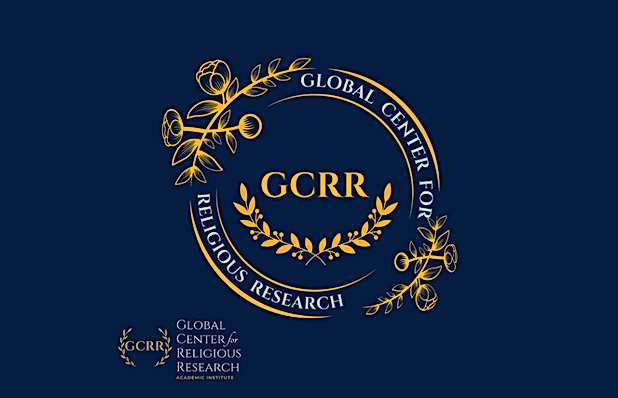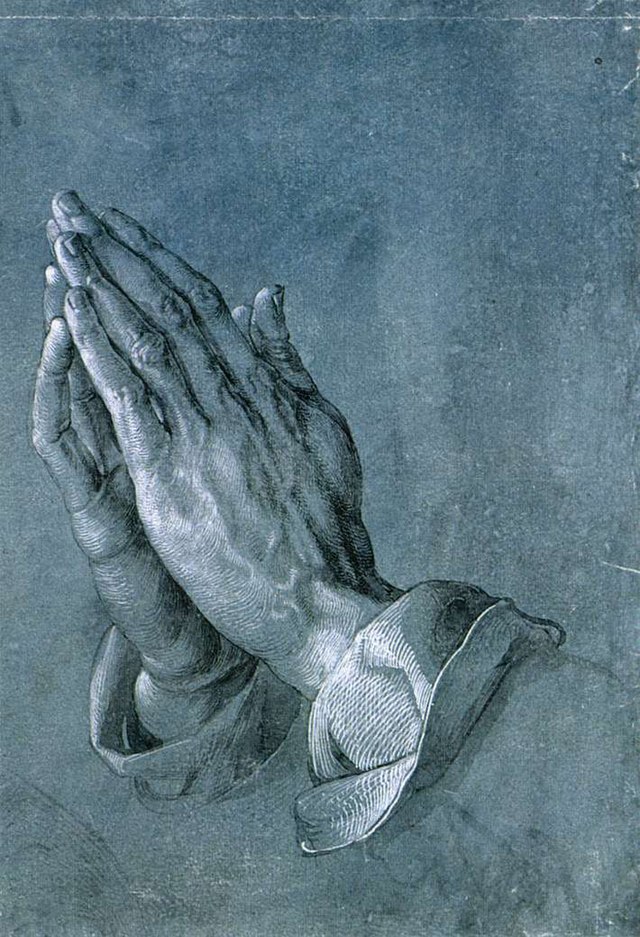TWH – A new study in the peer-reviewed Socio-Historical Examination of Religion and Ministry Journal, or SHERM, finds that religious trauma is shockingly prevalent. Researchers say that one in three Americans experiences religious trauma in their lifetime. The researchers noted that individuals in the LGBTQ+ community are overly affected.
This research study was funded by the Global Center for Religious Research (GCRR), “a non-religiously affiliated academic society and publishing house that brings together the world’s leading scholars in the arts, humanities, and social sciences for the academic study of religion.” The study is based on data from 1,581 adults in the United States. The findings affirm what mental health professionals including psychologists and physicians have been observing for decades: religious trauma is indeed a pervasive societal issue, and spiritual abuse remains a chronic problem within religious communities.
The study did not isolate one particular faith but rather examined respondents’ experiences. While respondents may have included individuals in minority faith practices, Christianity is the predominant faith practice.

Global Center for Religious Research (GCRR) – logo
The finding of the sociological study suggests that approximately one-third (27‒33%) of U.S. adults have experienced religious trauma at some point in their lives. The researchers noted that this may be a conservative estimate. The percentage rises to 37% when including individuals suffering from any three of the six major RT symptoms. Even with the most cautious estimates, it is likely that 10‒15% of U.S. adults are presently grappling with religious trauma.
The study also found that 37% of respondents personally know individuals who might be experiencing RT, and 90% of those respondents are aware of one to ten people likely suffering from RT, it could be argued that up to one in five (20%) U.S. adults currently exhibit significant symptoms of religious trauma.
While he lacked a psychological or medical term at the time, Physician, acupuncturist, researcher, and educator Dr. Martin L. Rossman’s experiential assessment and prediction regarding the widespread phenomenon now recognized as religious trauma proved remarkably accurate. Dr. Rossman observed that “a great number of people I see in my medical practice have been traumatized rather than uplifted by their early religious training.”
He added, “I think that harmful religious training may be one of the great unrecognized causes of mental and physical illness in our culture.”
The evidence seems consistent with clinical observations. There is now growing evidence that religious trauma affects many individuals and experts are advocating for its inclusion as a mental health disorder.
In an interview with NBC News, Marlene Winell, a psychologist who coined the term “religious trauma syndrome” in 2011 said, “In its worst manifestations, it’s basically a mind rape.”
However, this form of trauma is not currently recognized in the Diagnostic and Statistical Manual of Mental Disorders (DSM), the comprehensive classification system and manual used by mental health professionals to diagnose and classify mental disorders. It is published by the American Psychiatric Association (APA) and provides standardized criteria and language for the classification of various mental health conditions.
The SHERM study and other advocates have noted that one challenge that continuously emerges from the lack of a clear and universally accepted definition for “religious trauma” (RT) in numerous peer-reviewed publications. This ambiguity poses difficulties for clinicians in identifying and treating patients exhibiting RT symptoms. Complicating matters further, much of the literature assumes the existence of “religious trauma” without substantial empirical support. Discussions on religious trauma often rely on qualitative research, primarily centered around individual experiences through case studies and interviews.
Standardizing the criteria for a diagnosis of religious trauma will support patients and lead to a better understanding of the prevalence and treatment of religious trauma. And indeed, the concept of a “religious trauma syndrome” (RTS) is gaining recognition among therapists, researchers, and experts as a term to characterize the adverse mental health consequences arising from unhealthy or detrimental religious experiences. Symptoms commonly associated with religious trauma encompass feelings of shame, self-hatred, perfectionism, hypervigilance, difficulty in decision-making, loss of community, blurred boundaries, delayed social milestones, sexual dysfunction, and various mental health disorders such as PTSD, depression, anxiety, addictions, OCD, and eating disorders.
Experts noted that LGBTQ individuals encounter religious trauma at rates that are disproportionately higher and that it affects and manifests the community in distinct ways. While research in this area is limited, a 2022 study revealed that LGBTQ individuals facing specific forms of religious trauma have a heightened risk of experiencing shame, suicidality, substance abuse, homelessness, anxiety, and depression.

Albrecht Dürer – Study of an Apostle’s Hands [public domain]
NBC News noted that the political animosity toward the LGBTQ+ community is likely to intensify in 2024 with the upcoming presidential election in the USA, exacerbating the effects of religious trauma.
Many LGBTQ+ individuals often find greater acceptance in Pagan practices and communities but past trauma may still be present and the Pagan community is not insulated from nor free of spiritual abuse.
LGBTQ+ individuals remain besieged by marginalization and demonization in many denominations of dominant religions like Christianity while also targeted with religiously-based strategies like Conversion therapy to “pray the gay away.” Nevertheless, Conversion Therapy and all other sexual orientation and gender identity (SOGI) change efforts have been denounced by the American Psychological Association and the American Psychiatric Association.
In December of last year, The Trevor Project reported over 1,300 active conversion therapists were still offering service in all U.S. states except Vermont and Hawaii. Nevertheless, a total of 26 states, as well as the District of Columbia, Puerto Rico, and more than 100 municipalities have banned all forms of Conversion therapy.
Editorial Note: The article describes challenges with mental health issues. Mental health is a serious challenge experienced by millions of people. If you feel you need to speak with someone, there are many options. If you feel you or someone is in crisis, call 911 or 988 in the United States, in Canada at 833-456-4566, in the UK contact NHS or Samaritans at 116 123, Wherever you are, there is a crisis hotline. If you need assistance finding treatment services in the USA, call the Substance Abuse and Mental Health Services Administration (SAMHSA) National Helpline at 1-800-662-HELP (4357). SAMHSA also has a Behavioral Health Treatment Services Locator on its website that can be searched by location. You can also visit SpeakingOfSuicide.com/resources or chat live at 988lifeline.org.
The Wild Hunt is not responsible for links to external content.
To join a conversation on this post:
Visit our The Wild Hunt subreddit! Point your favorite browser to https://www.reddit.com/r/The_Wild_Hunt_News/, then click “JOIN”. Make sure to click the bell, too, to be notified of new articles posted to our subreddit.